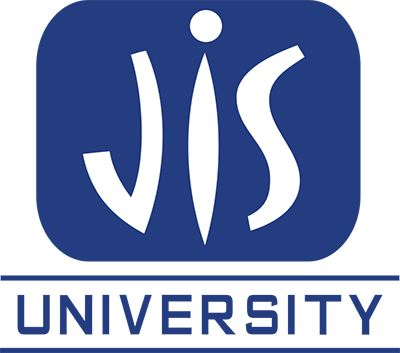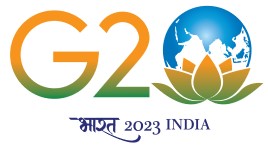- Home
-
About Us
- About JIS University
- Vision & Mission
- Governance >
- Our Leaders >
- Recognition & Approvals
- Alliances & Partnerships
- JISU Achievements
- JISU Advantage
- Administrative Office Bearers
- Apply Now
-
Academics
- Overview
-
Programmes >
- Faculty of Agriculture
- Faculty of Education
- Faculty of Engineering and Technology
- Faculty of Hospitality and Hotel Administration
- Faculty of Juridical Sciences
- Faculty of Management
- Faculty of Pharmacy
- Faculty of Science
- Faculty of Advanced Studies and Research
- JIS Institute of Medical Science & Research
- Academic Calendar
- Academic Curriculum
- Library
- Co-Curricular Activities
- Notice
- Examination
- Admission
- Research
- Campus Life
- Training & Placement
- Downloads
- NAAC
- Grievance Cell



